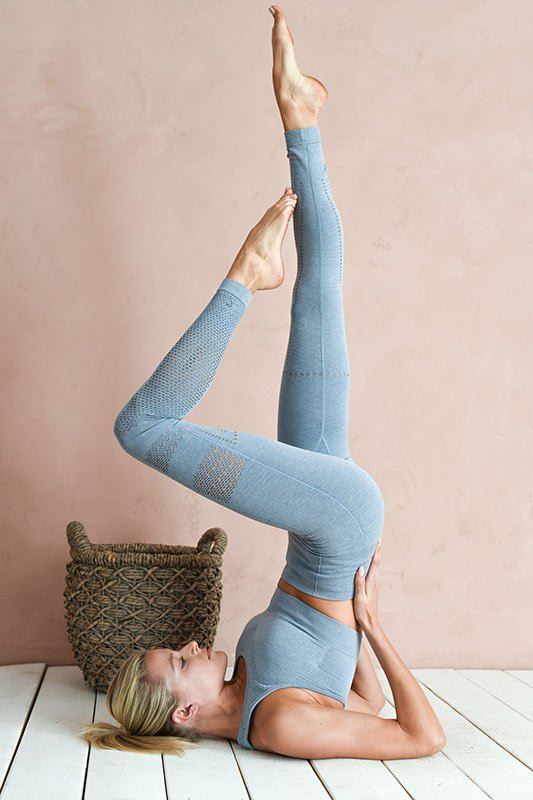(Original article was published on monobclothing.com/blog on March 27, 2020.)

The safety guidelines to minimize the risk of Covid-19 exposure call for staying in. Whether you’re an outdoorsy person or a homebody, this can be a challenge. Humans are social creatures. We’re designed to interact, and nothing beats actual interaction in real life, and by real life, we mean non-digitally. Social gatherings have been banned (rightly so) and social distancing is the new norm.
Across Los Angeles, where Mono B is located, many parks and hiking trails have been closed to discourage people from clustering in groups. Working out at home is acceptable, at least when gyms and HIIT studios are reopened, your body won’t be too shocked and sore. But we still need sunshine (even if we take Vitamin D supplements) and with businesses and schools being closed, the air has become less polluted.
In fact, in LA, the last time the ozone level reached unhealthy levels was back in February. Thanks to the rain and less traffic, the sky and the air have become clearer. This is excellent news since poor air quality has been linked to worse Covid-19 cases.
Although most states have closed national parks and beaches, they encourage you to rediscover your neighborhood. So fill your lungs with clean(er) air and get that sunshine on you, but don’t forget these pointers:
Practice social distancing
The six-feet of distance guide is based on studies of respiratory physiology. Dr. William Schaffner, an infectious disease expert at Vanderbilt University says, “Without a cough or a sneeze, if we exhale, the distance 3 to 6 feet from each other is called the breathing zone. And it’s in that kind of volume of air that what I exhale begins to mix with the air that’s already in the room.”
If you’re standing within three to six feet of a person, you may inhale what that person exhales. And if you’re infected, what you exhale contains the virus.
Pay close attention to your surroundings
This is important not just during the pandemic, but also whenever you’re out and about. Don’t glue your eyes to your phone. You may have earbuds in when you’re jogging or commuting, but at least look in front and around you.
Make way whenever possible (aka don’t hog the sidewalk)
Most joggers and bicyclists don’t have the luxury of running or cycling on car-free roads. Joggers mostly run on sidewalks, and most sidewalks aren’t six feet wide. When you see another jogger coming towards you, be sure to keep your distance. If this means you’ll need to get off the sidewalk and onto the street, check your surroundings first for vehicles and cyclists.
Also, make sure to wait at a good distance away from a crosswalk.
Don’t touch that crosswalk button
If you absolutely must, push the button with your elbow or bump it with your hip. If the button is too tiny, you can try to push it with the edge of your phone.
Don’t touch your face (or your head)
Minimize contact between your hand and your face. This may be difficult when you want to wipe that sweat or adjust your glasses or headphones. Instead of your hand, try to do it with your upper arm.
Sanitize afterward
Clean your phone and other paraphernalia using disinfectant or alcohol. If you have access to a washing machine, you can wash your clothes right away. If you don’t or would rather wait to have a fuller wash load, please separate the clothes and put them inside a water-proof garment bag. until you’re ready to wash them.
Click here for tips on how to do your laundry during the pandemic.
Click here for list of products that can be used to combat the novel coronavirus.
Listen to your body
Drink plenty of water. Wear sunblock before going out into the sun. Apart from exercising, resting is also key to staying healthy. If you feel unwell, stay inside. Don’t forget to cough and sneeze into your elbow or into a disposable tissue.
Listen to your healthcare officials
This global pandemic is an unprecedented and trying time. Researchers and scientists are working around the clock to find a vaccine and minimize the virus from spreading. That means there’s new information almost hourly. Stay informed and keep your eyes and ears on reputable sources. Don’t buy into the panic. What we do will make a difference.